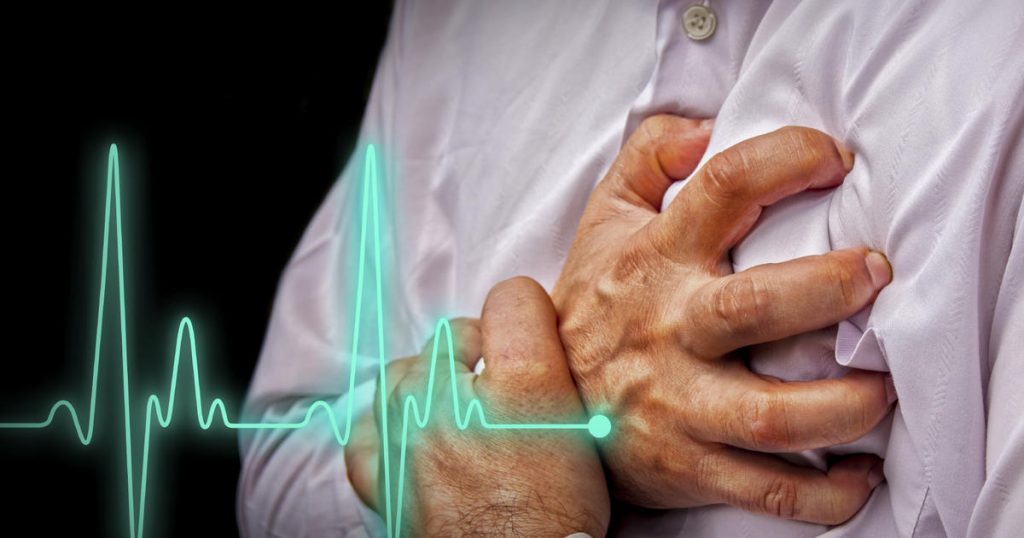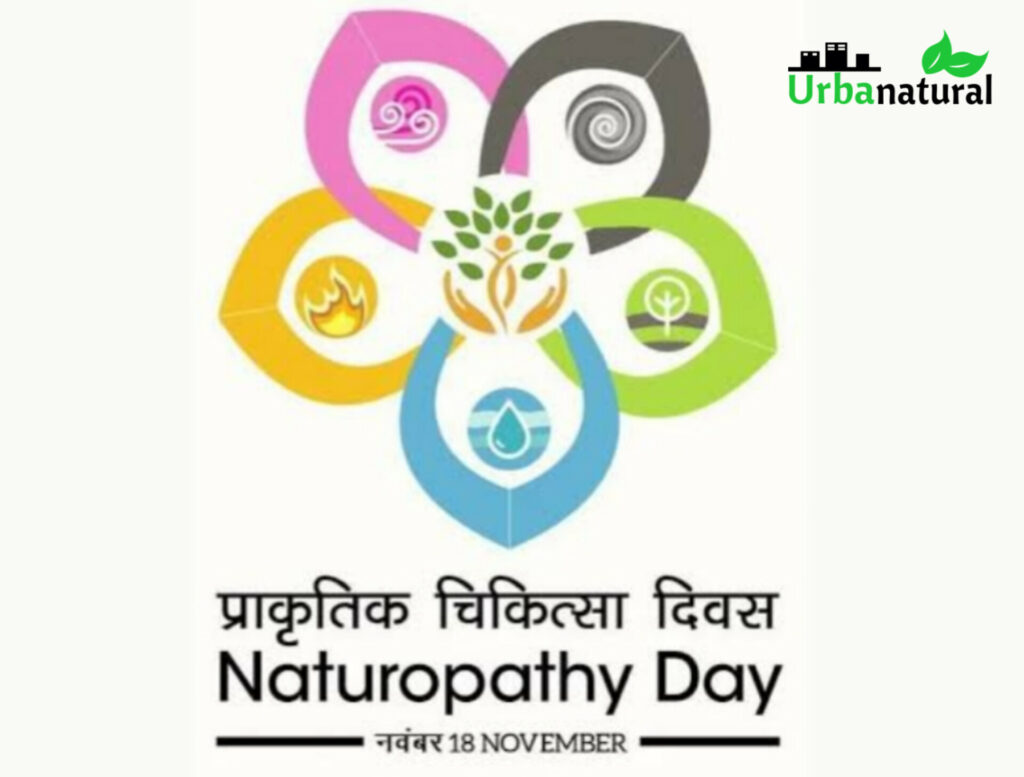The number of road accidents in Karnataka, among India’s most literate and progressive states, is the third highest in the country, with Bangalore alone accounting for two deaths in crashes every single day and 700-800 every year. Nationally, too the number looks grim. In all, 1.5 million people sustain serious head injuries every year in India and 60 per cent of them die before reaching a hospital. Studies prove that 60 per cent of all head injury victims are in the ‘most-productive’ 18 to 40 age group, which translates into a staggering economic loss of up to 2 per cent of our nominal GDP. With a death rate of about 30 per 100,000 population, India is among the world’s riskiest countries for road users according to a World Health Organization (WHO) report.
So how do we prevent escalating number of road traffic accidents? first aid tips for road accidents.
In Bangalore it takes head injury patients a shocking 4.6 hours to reach a hospital on an average following an accident. Medical science has repeatedly proved that with the Right care at the Right time by the Right people, accident related death rates can be more than halved. Right response to medical emergencies starts with immediate administration of first- aid at the accident spot and unfolds through the following steps: expert handling anddos and don’ts before an ambulance arrives .
On the occasion of World Head Injury Awareness Day being observed on March 20
About Golden Hour:
Source: Press release
Source: http://www.thehealthsite.com/news/world-head-injury-awareness-day-2018-ways-to-prevent-road-traffic-accidents-and-resulting-injuries-and-deaths-x0318/





